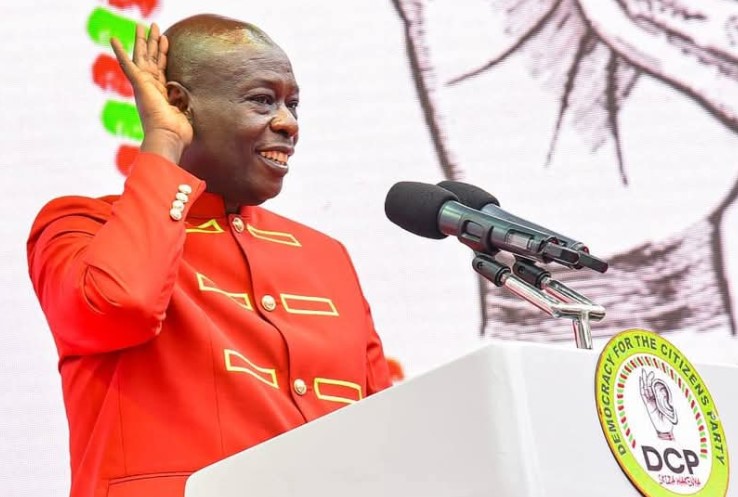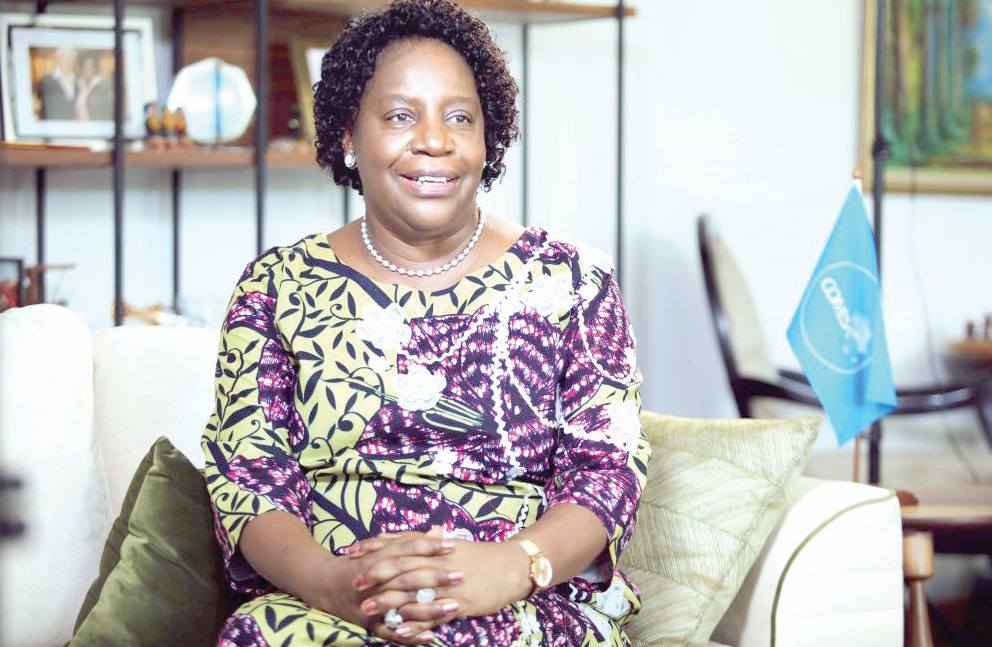Comesa SG spells out bloc’s priorities after launch of incubator
By Harriet.James, July 19, 2023The Comesa Federation of Women in Business has launched Phase 2 of the Business Incubators for African Women Entrepreneurs following the successful implementation of Phase 1.
Business Hub’s Harriet James had a chat with Common Market for Eastern and Southern Africa with Secretary General Chileshe Mpundu Kapwepwe at the launch in Nairobi.
On your appointment as the secretary general of Comesa and being the first woman to hold the position, what is top agenda on your list on women empowerment?
As the first woman to head Comesa, I was very happy that there were two provisions in the Comesa treaty which talk of women’s empowerment and ensuring that we support women in business. Not only do we talk of the women in the decision-making process but also the ones who want to participate economically and desire to be supported by Comesa. By working with the Confederation of Women in Business in Comesa, we desire to assist women in projects like these to find funding from development partners and give them training and incubation possibilities depending on the sector.
Since the enactment of the free trade area, has commerce changed in the region?
I think what it has done is to bring into focus what we as Africans and as Comesa can do by creating a wider, more harmonised and more competitive market. Though I must say that our intra-Comesa trade is still very low at nine and 10 per cent whereas in other regions it’s around 60 per cent so you ask yourself why are we so far behind. I always go back to the fact that we are not producing enough within our regions and that’s why it’s important to start with issues around the productive capacity of our countries and SMEs. We also need to work on connectivity because I would love to export my goods from Morocco but how do I get my goods to the country?
How is Comesa addressing issues that women entrepreneurs encounter?
Women entrepreneurs face various challenges including the lack of business planning, marketing, and management skills, as well as limited access to business development and financial services due to cultural biases. Collateral is still an issue where women can’t access loans in banks because they don’t own assets or land. As Comesa, we try to involve ourselves in such cases where we bring in trade and development banks to give access facilities to women in the region so that they are able to access funding. The other issue is the lack of knowledge of running a business. So many women have great ideas but don’t have the model or the knowledge on how to keep books, how to present themselves or even market their goods .
With so many incubation projects starting out in Africa, how will Comesa ensure that this one doesn’t fail?
I think the main objective is not to incubate for the sake of it and for us we desire to develop strong SMES that can stand on their own in the market. So our model is to train and then bring together or cluster because another challenge is that businesses are too small to make a meaningful impact on the market especially when they are asked for certain quantities which they can’t produce. In this case, we cluster and help them get support in the market.
What legacy would you desire to leave?
For me, I really bring it down to practical issues. If I can bring in our projects, electricity in a small village, this girl who couldn’t read because it is dark can now do her reading, a truck driver who would spend hours and days to cross a border is now facilitated and I can do that in two hours, if somebody who wants to start a business as a woman can find a facility to be trained and reach the market, that will make me feel that I have achieved something and made a difference.
More Articles

